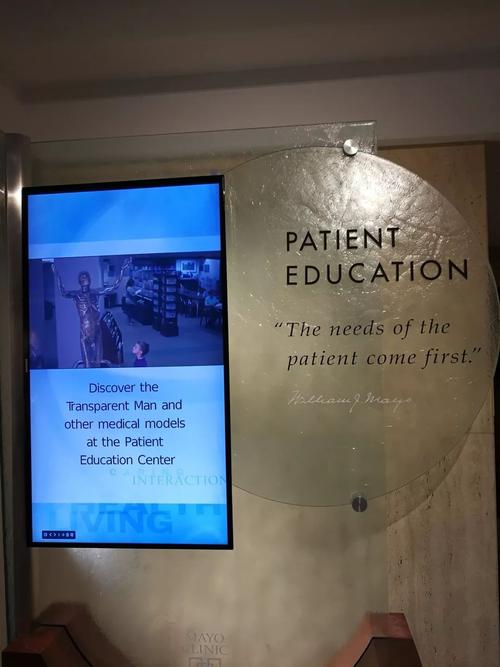
Understanding Post-Operative Patient Education
Post-operative patient education is a crucial aspect of the recovery process. It involves providing patients with detailed information about their surgery, potential complications, and the steps they need to take to ensure a smooth and successful recovery. As a patient, it is essential to be well-informed and proactive in your recovery journey. This article will delve into the various dimensions of post-operative patient education, helping you navigate through the process with confidence.
What is Post-Operative Patient Education?
Post-operative patient education refers to the process of providing patients with information about their surgery, recovery, and potential complications. This education is typically provided by healthcare professionals, such as surgeons, nurses, and physical therapists. The goal is to empower patients to take an active role in their recovery, ensuring they understand the importance of following post-operative instructions and maintaining a healthy lifestyle.

Types of Post-Operative Education
Post-operative education can be categorized into several types, each serving a unique purpose:
-
Pre-operative Education: This involves providing patients with information about their upcoming surgery, including the procedure, potential risks, and what to expect during the recovery process.
-
Immediate Post-operative Education: This occurs immediately after surgery, where healthcare professionals provide patients with essential information about their condition, pain management, and immediate care instructions.
-
Long-term Post-operative Education: This involves providing patients with information about their ongoing recovery, including physical therapy, medication management, and lifestyle adjustments.

Benefits of Post-Operative Patient Education
Post-operative patient education offers numerous benefits, including:
-
Improved Recovery Outcomes: Patients who are well-informed about their surgery and recovery process are more likely to follow post-operative instructions, leading to better recovery outcomes.
-
Reduced Complications: Understanding potential complications and how to prevent them can help patients avoid unnecessary hospital readmissions and other complications.
-
Increased Patient Satisfaction: Patients who feel informed and supported throughout their recovery process are more likely to be satisfied with their healthcare experience.
Key Components of Post-Operative Education
Post-operative education covers several key components, including:
-
Understanding the Surgery: Patients should have a clear understanding of the surgery they underwent, including the purpose, procedure, and expected outcomes.
-
Pain Management: Information about pain management techniques, such as medication, physical therapy, and alternative therapies, should be provided.
-
Physical Therapy and Exercise: Patients should be educated on the importance of physical therapy and exercise in their recovery process, as well as specific exercises and activities to perform.
-
Medication Management: Information about prescribed medications, including dosage, side effects, and potential interactions, should be provided.
-
Lifestyle Adjustments: Patients should be advised on lifestyle adjustments, such as diet, sleep, and activity levels, to support their recovery.
How to Get the Most Out of Post-Operative Education
Here are some tips to help you make the most of your post-operative education:
-
Ask Questions: Don’t hesitate to ask your healthcare professionals any questions you may have. Understanding your condition and recovery process is crucial to your well-being.
-
Take Notes: Write down important information provided by your healthcare professionals, including instructions, medication names, and contact information.
-
Seek Clarification: If you’re unsure about any aspect of your recovery, don’t hesitate to seek clarification from your healthcare team.
-
Stay Informed: Keep up with your recovery process by staying informed about your condition, treatment options, and potential complications.
Table: Common Post-Operative Instructions
| Instruction | Description |
|---|---|



